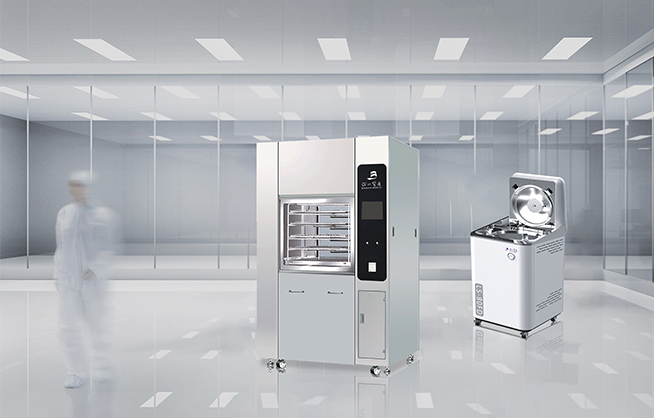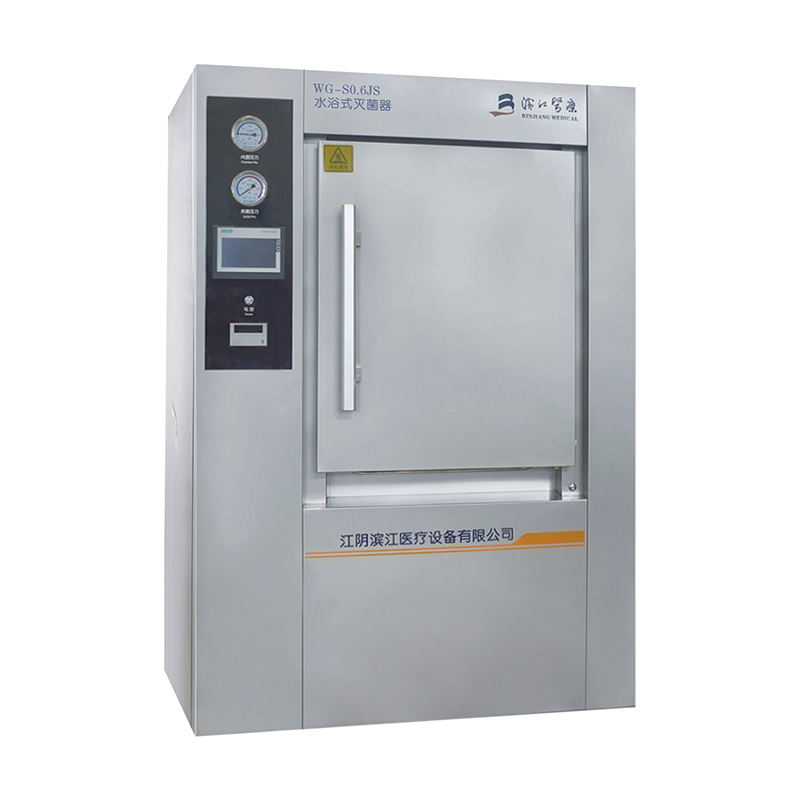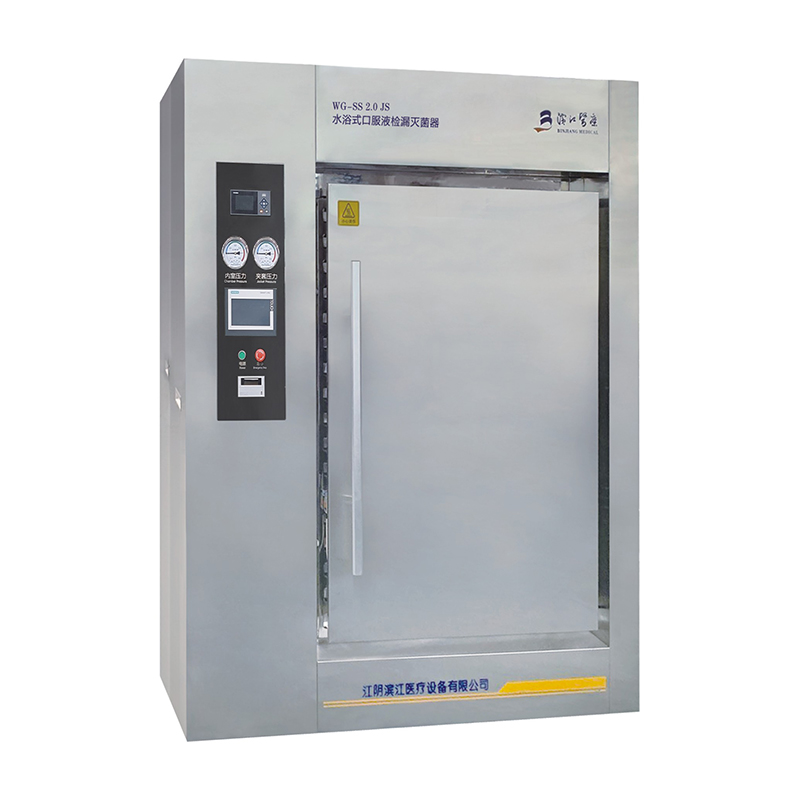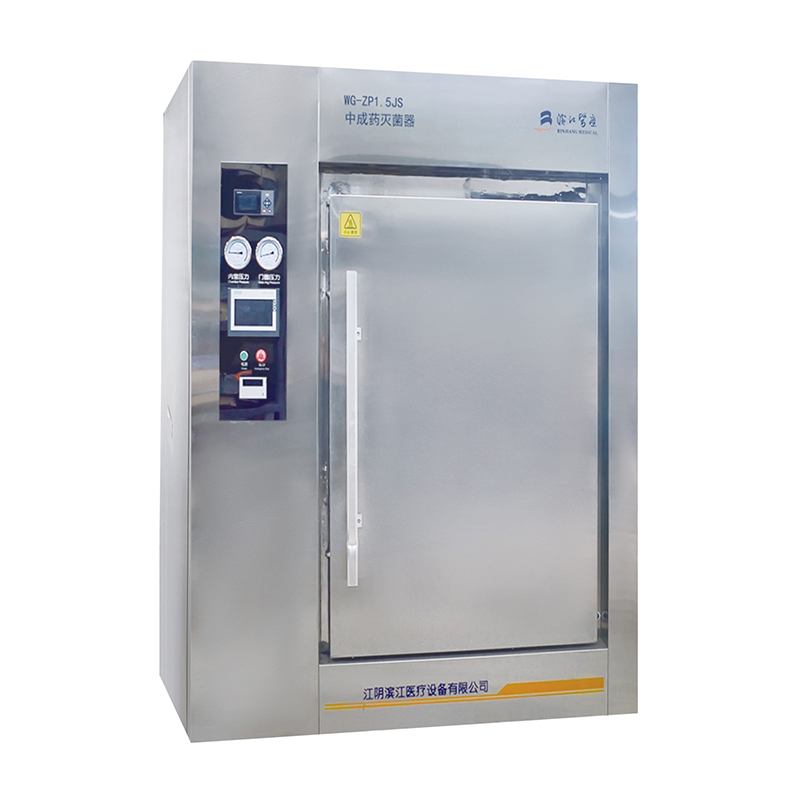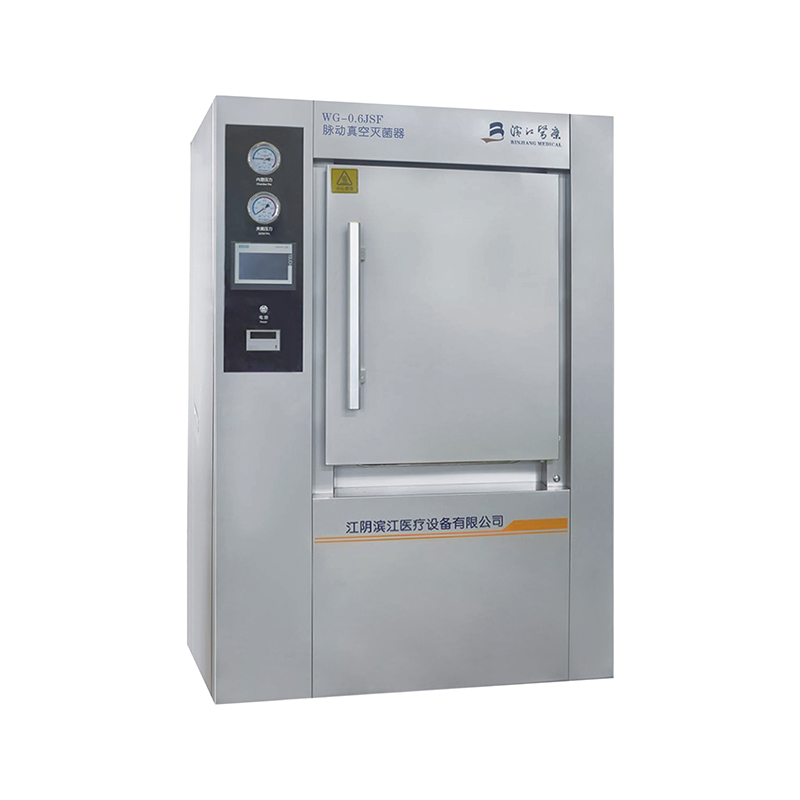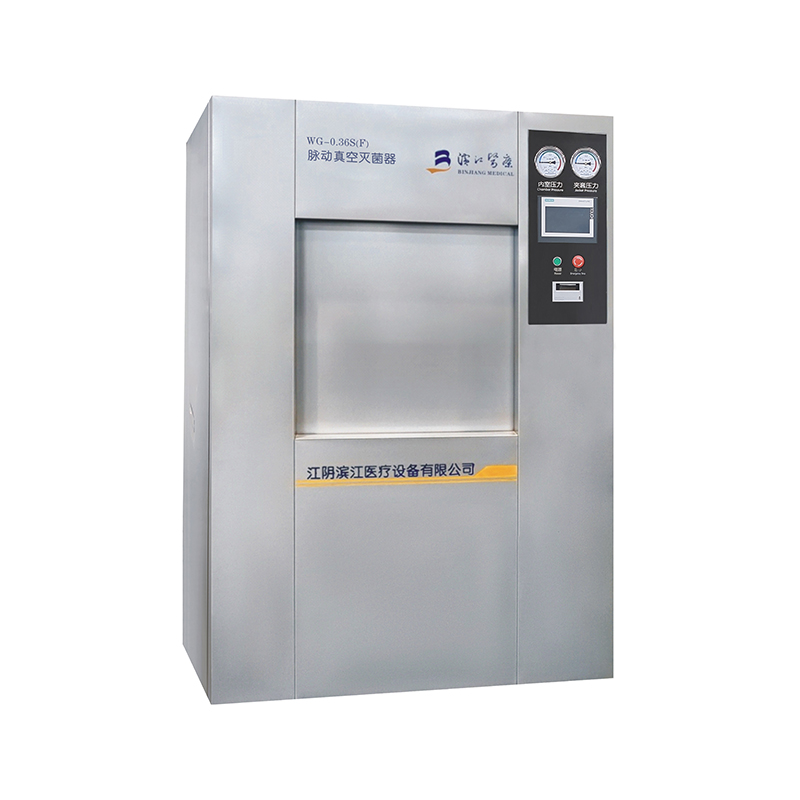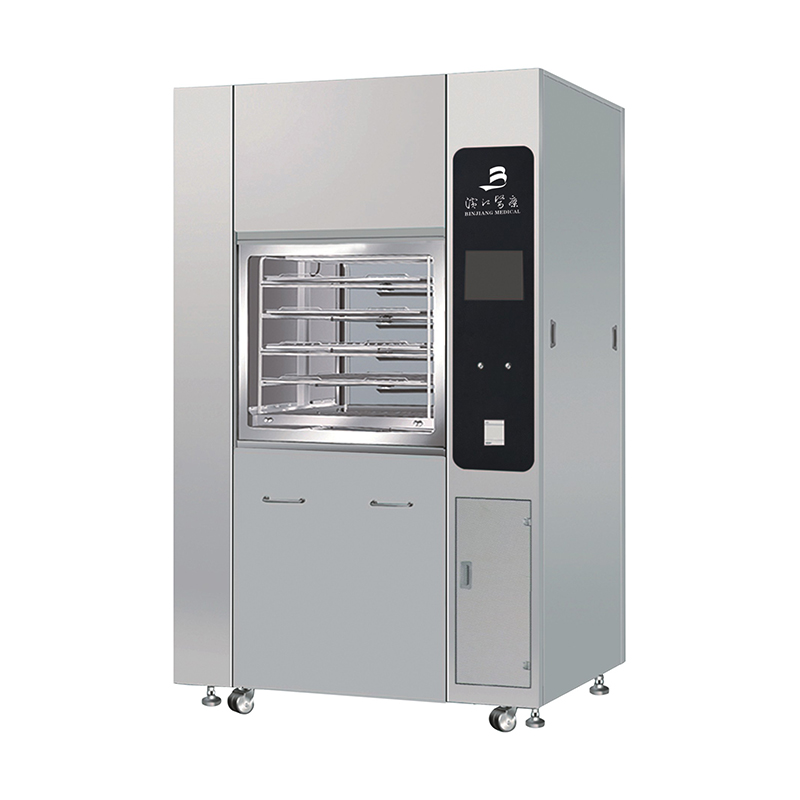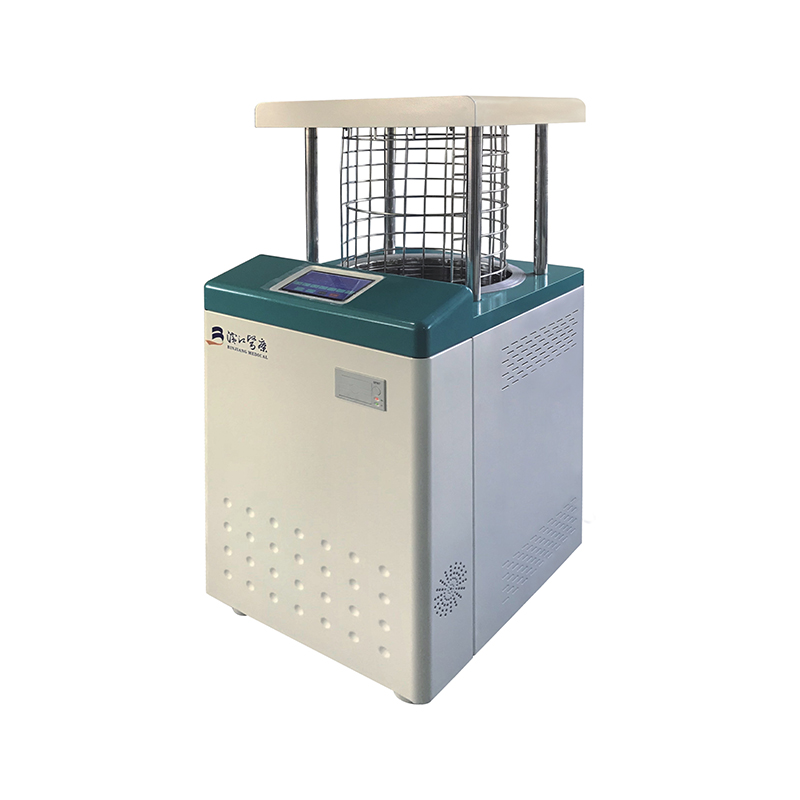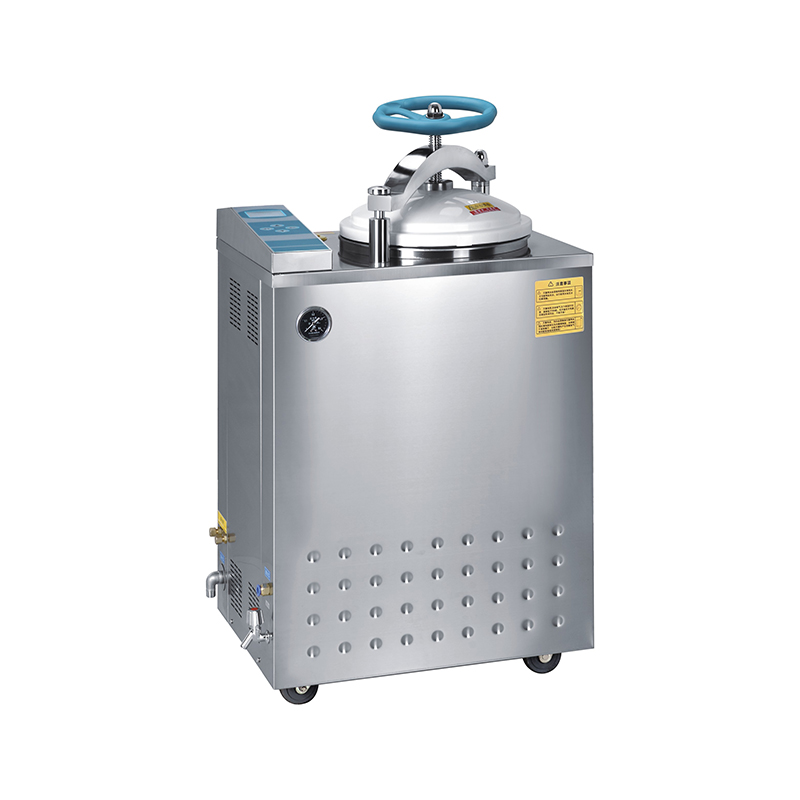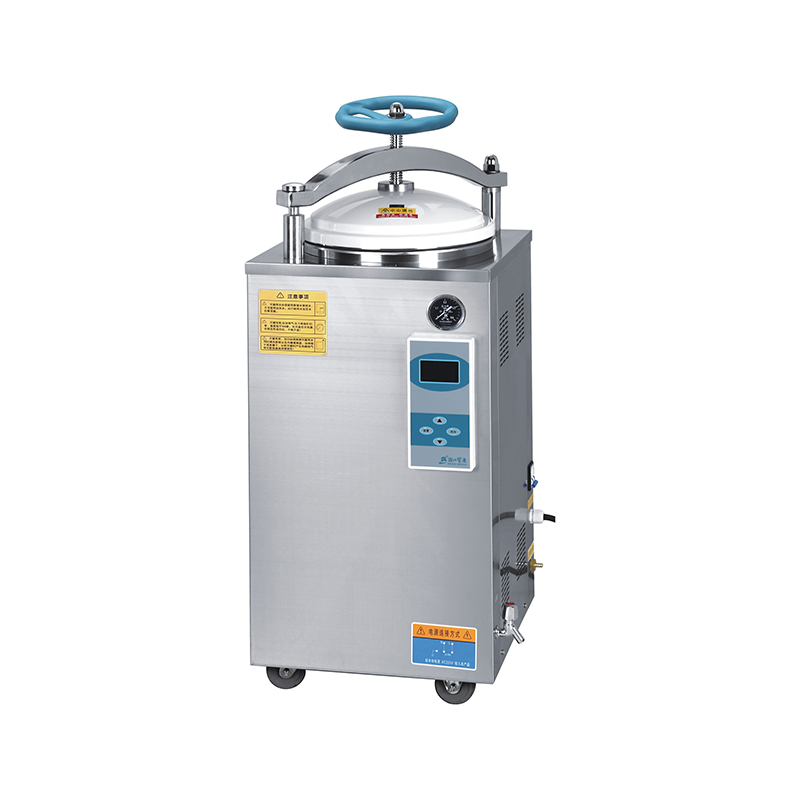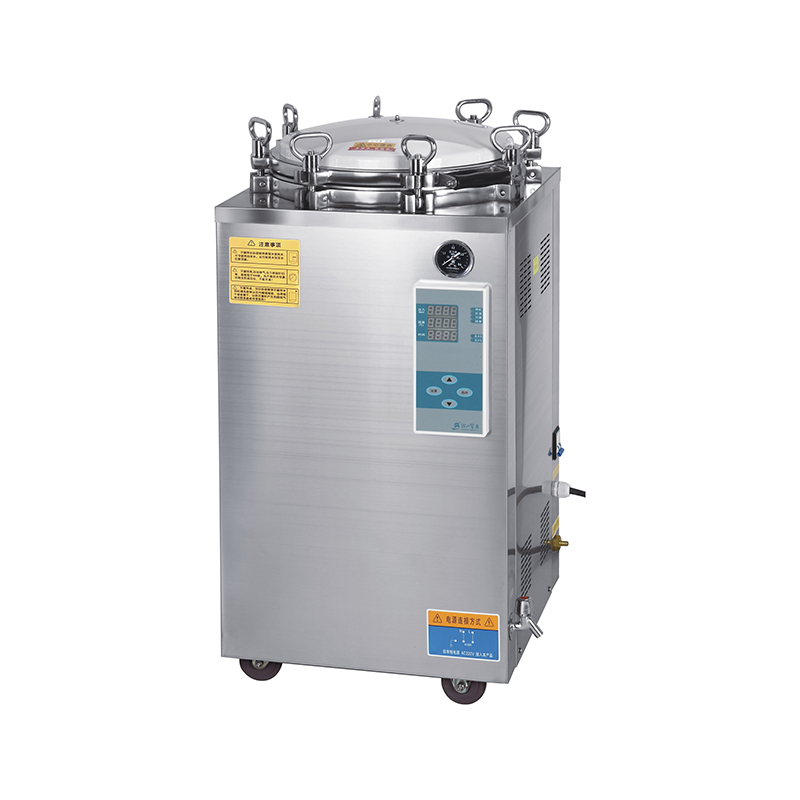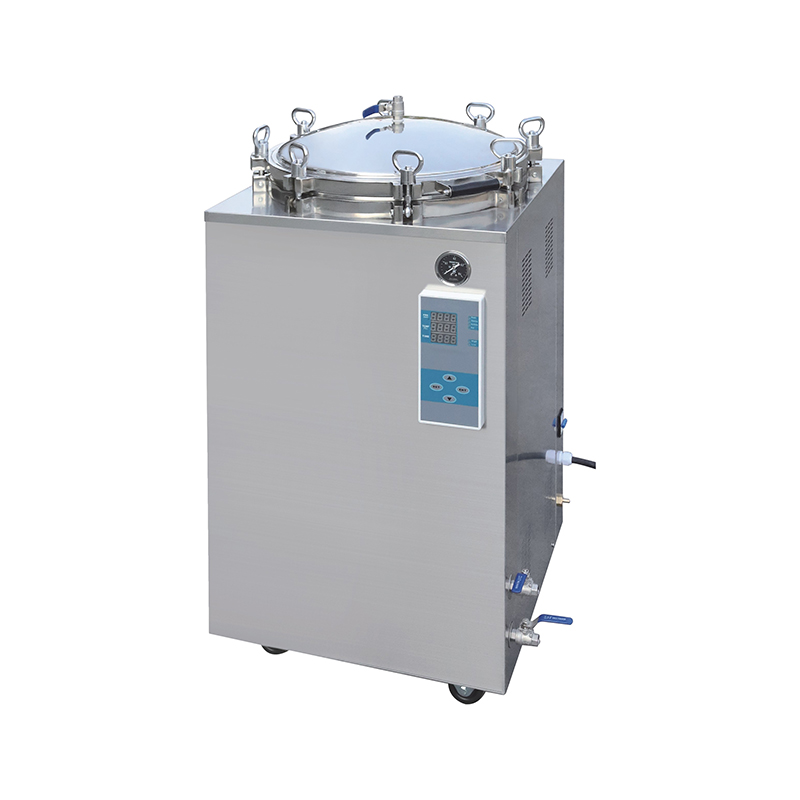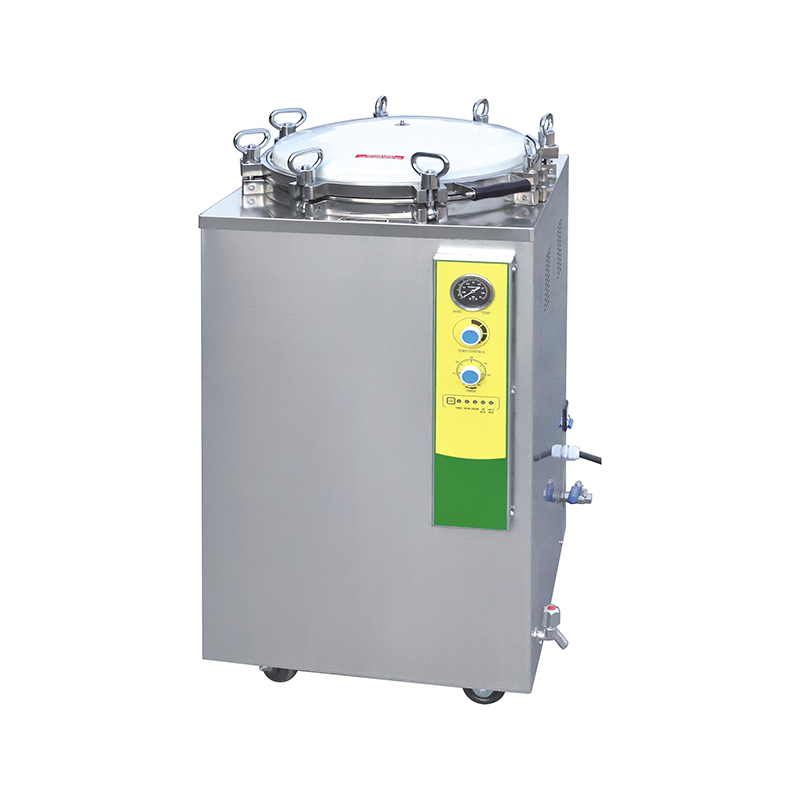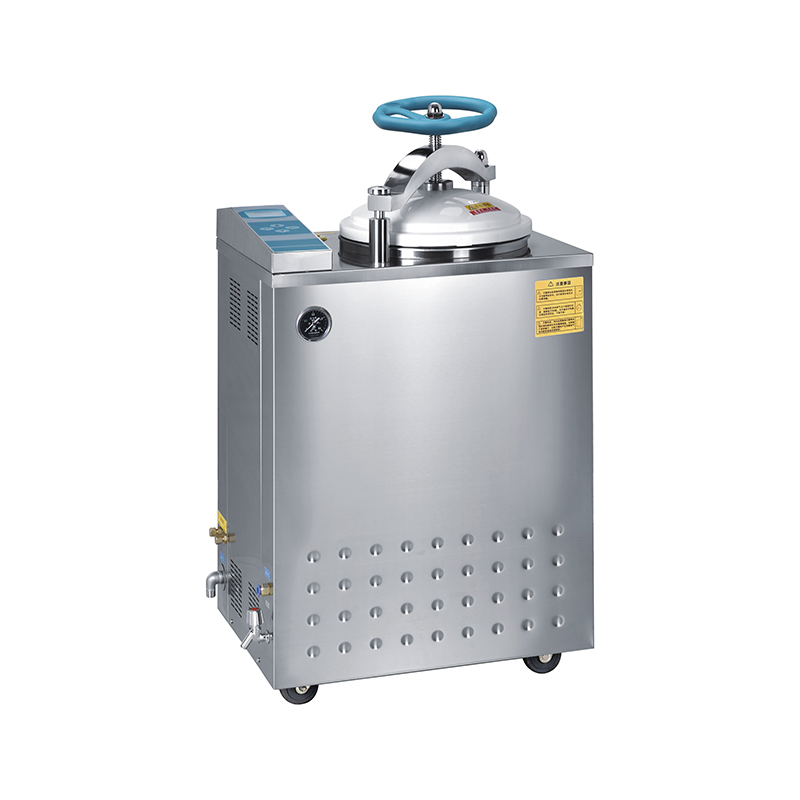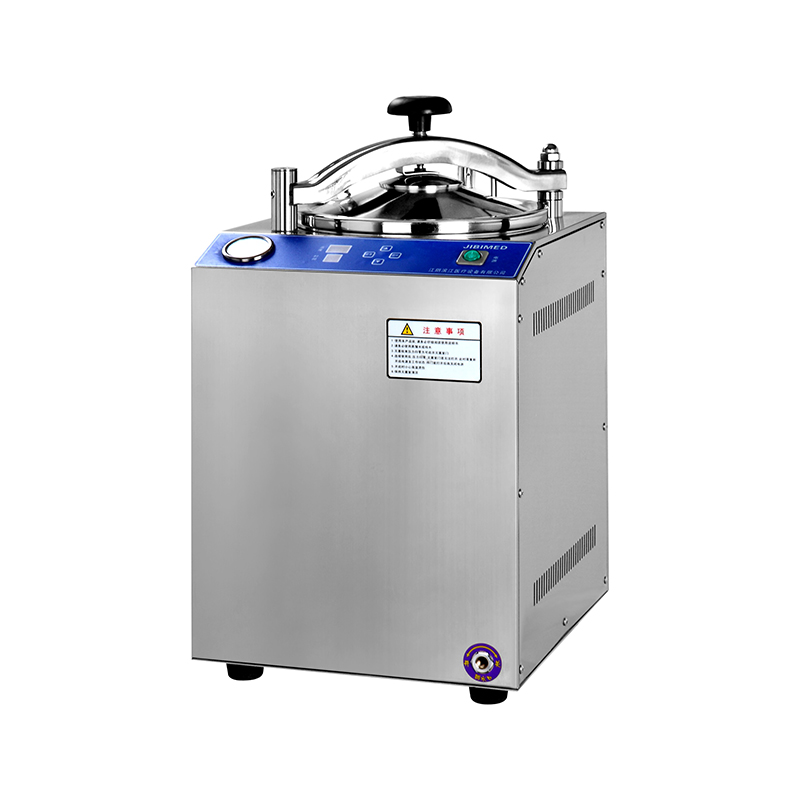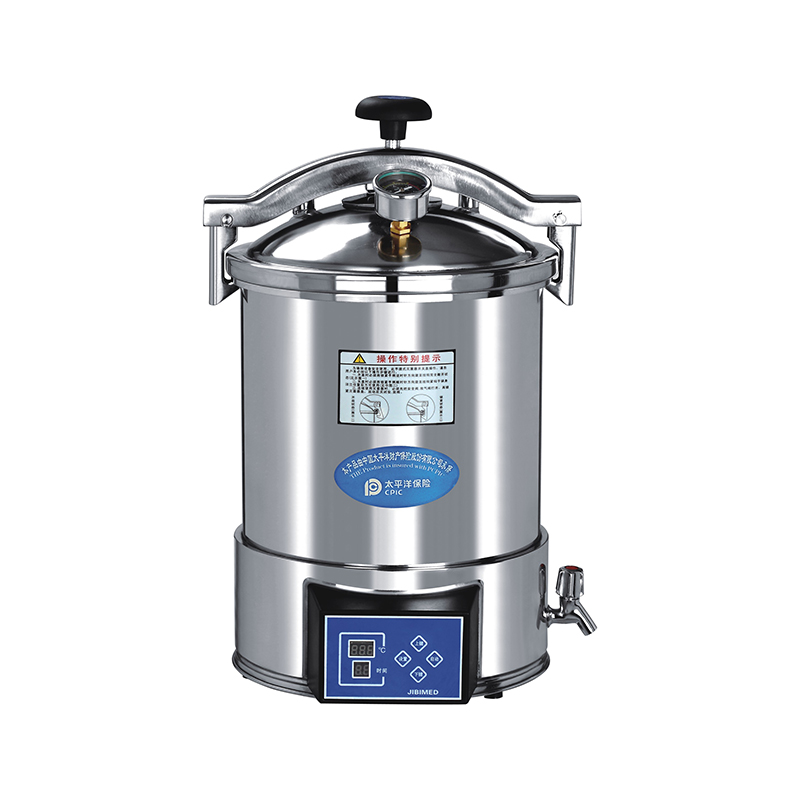Comprehensive List of Essential Veterinary Tools for Professional Use
Posted by Admin | 09 Oct
Essential Diagnostic Tools in Veterinary Medicine
Veterinarians rely on a wide range of diagnostic tools to assess the health of animals accurately. These tools are crucial for determining the nature of illnesses or injuries and for providing timely and appropriate treatments.
Stethoscope
The stethoscope is a vital diagnostic tool used to listen to the heart, lungs, and other body sounds. It helps veterinarians detect abnormalities such as heart murmurs, lung infections, or abnormal gut sounds.
Thermometer
A thermometer is essential for measuring body temperature. A fever or unusually low body temperature can indicate various conditions, including infection or hypothermia.
Otoscope
An otoscope is used for inspecting the ears of animals. It is particularly important for detecting ear infections, foreign objects, or signs of mites.
X-ray Equipment
X-ray machines are crucial for visualizing the internal structures of animals, such as bones and organs. They are commonly used to diagnose fractures, tumors, and respiratory issues.
Veterinary Surgical Instruments
Surgical tools are designed for a variety of procedures, from routine spaying and neutering to complex surgeries. Precision and cleanliness are paramount during these operations to prevent infections and ensure a successful outcome.
Scalpel
A scalpel is a small, sharp knife used to make precise incisions in the skin or tissue. It's essential for surgeries that require minimal disruption to the animal's body.
Surgical Scissors
Surgical scissors come in various shapes and sizes and are used for cutting tissues, sutures, and other materials during surgery. Their precision ensures clean cuts with minimal tissue damage.
Hemostats
Hemostats are clamp-like instruments used to control bleeding by constricting blood vessels or tissue. They are critical in surgeries to prevent excessive blood loss.
Veterinary Treatment Tools
Veterinary treatment tools are essential for delivering care and ensuring recovery. These tools range from basic supplies like syringes to specialized equipment for monitoring an animal’s recovery.
Syringes and Needles
Syringes and needles are used for administering medications, vaccines, or fluids. The appropriate size and type of needle are selected based on the animal's size and the type of treatment being administered.
Intravenous (IV) Catheters
IV catheters are inserted into veins to provide fluids, medications, or blood transfusions. They are especially important in emergency or intensive care settings.
Bandaging Supplies
Bandaging supplies include gauze, adhesive tape, and various types of wraps used to protect wounds, support injured limbs, and promote healing.
Laboratory Equipment for Veterinary Use
Veterinary laboratories play a crucial role in diagnosing diseases, evaluating health conditions, and performing research. Laboratory tools are vital for providing accurate and timely results.
Microscope
A microscope is essential for examining blood samples, urine, or tissue to identify parasites, bacteria, or abnormalities at the cellular level.
Blood Test Kits
Blood test kits are used to analyze blood samples and detect various health conditions, including infections, organ function issues, and hormonal imbalances.
Urine Test Strips
Urine test strips provide quick analysis of urine samples to detect signs of urinary tract infections, kidney problems, or diabetes.
Veterinary Emergency Equipment
In emergency situations, veterinarians must have access to specialized equipment that allows them to stabilize and treat animals quickly. The tools listed below are often part of an emergency kit in veterinary practices.
Oxygen Masks
Oxygen masks are used in emergency situations to provide oxygen to animals that are experiencing difficulty breathing, such as those suffering from trauma or respiratory distress.
CPR Equipment
CPR equipment, including resuscitation bags and chest compression devices, is essential for performing cardiopulmonary resuscitation on animals in distress.
Trauma Kits
Trauma kits contain essential supplies such as bandages, hemostats, and splints to stabilize animals after accidents or severe injuries.


 English
English русский
русский Français
Français Español
Español Indonesia
Indonesia Deutsch
Deutsch عربى
عربى 中文简体
中文简体
